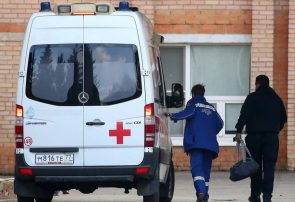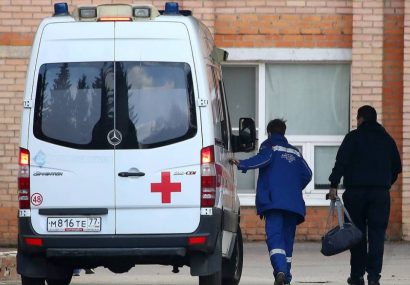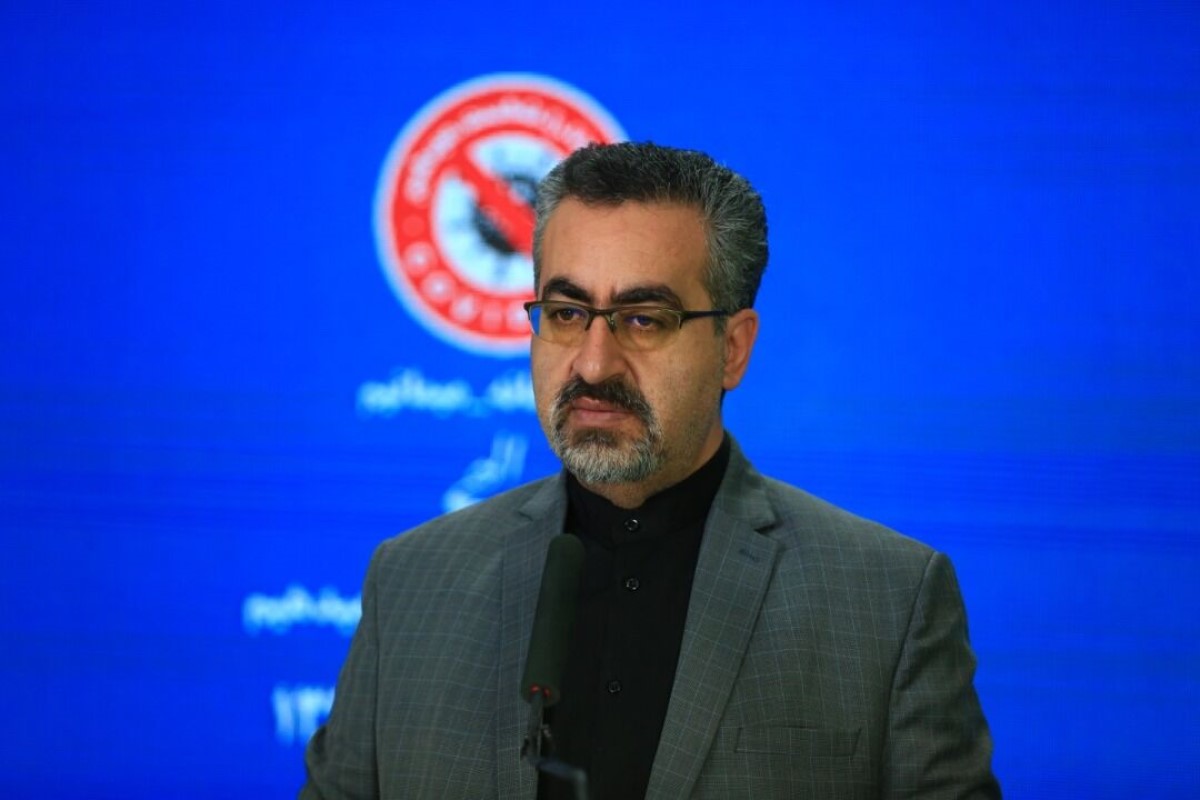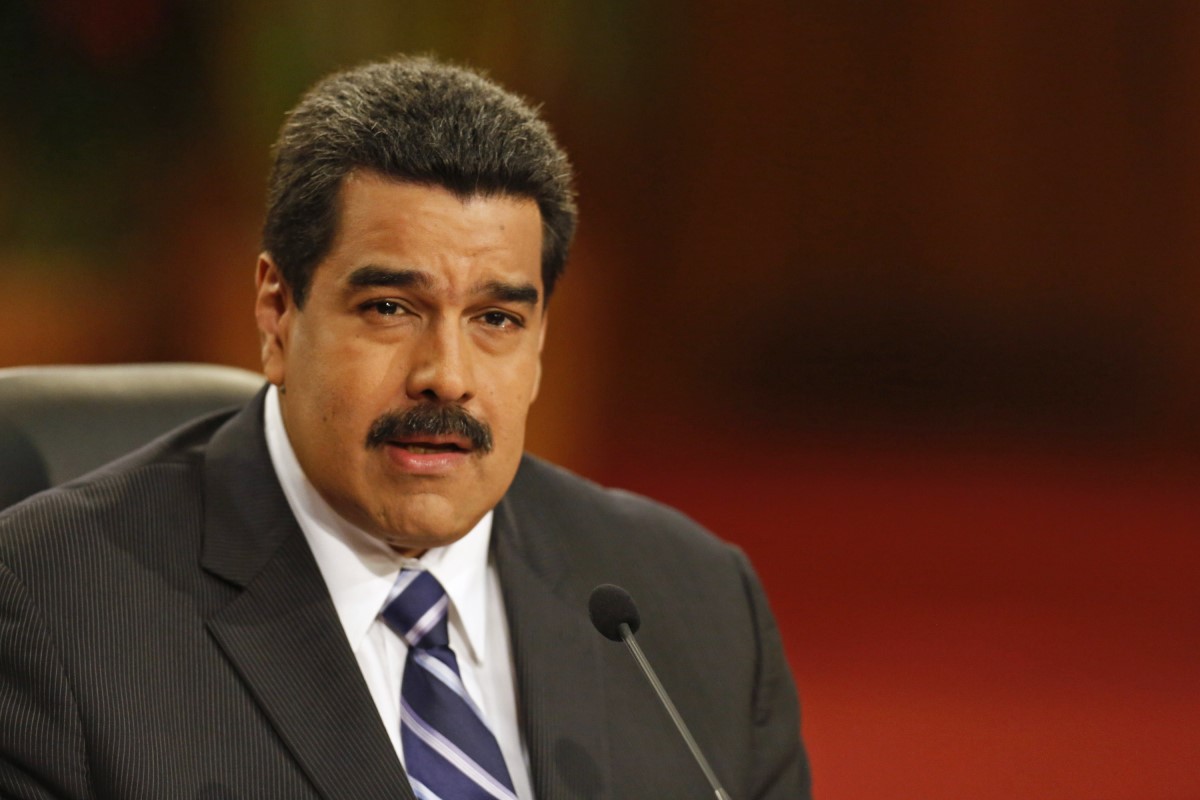In an exclusive interview with The Telegraph, Dr. Hans Kluge, director for the WHO European region, delivered a stark warning to countries beginning to ease their lockdown restrictions, saying that now is the “time for preparation, not celebration”, telegraph.co.uk reported.
Kluge stressed that, as the number of cases of COVID-19 in countries such as the UK, France and Italy was beginning to fall, it did not mean the pandemic was coming to an end. The epicenter of the European outbreak is now in the east, with the number of cases rising in Russia, Ukraine, Belarus and Kazakhstan, he warned.
Countries should use this time wisely and start to strengthen public health systems as well as building capacity in hospitals, primary care and intensive care units, he said.
“Singapore and Japan understood early on that this is not a time for celebration, it’s a time for preparation. That’s what Scandinavian countries are doing – they don’t exclude a second wave, but they hope it will be localized and they can jump on it quickly,” said Kluge.
He also warned that a second wave could coincide with an outbreak of other infectious diseases.
“I’m very concerned about a double wave — in the fall, we could have a second wave of COVID and another one of seasonal flu or measles. Two years ago we had 500,000 children who didn’t have their first shot of the measles vaccine,” he said.
Many experts, including England’s chief medical officer, Professor Chris Whitty, have warned that a second wave of the pandemic could be even deadlier than the first, pointing to the 1918-20 Spanish flu pandemic as evidence.
When the Spanish flu first emerged in March 1918, it had the hallmarks of the typical seasonal illness — but it then came back in an even more virulent and deadly form in the autumn, eventually killing an estimated 50 million people.
Troop movements at the end of the First World War are thought to have accelerated the spread of the disease, which also had a third and fourth wave although these were not as devastating.
“We know from history that in pandemics the countries that have not been hit early on can be hit in a second wave,” said Kluge.
“What are we going to see in Africa and Eastern Europe? They’re behind the curve — some countries are saying: ‘We’re not like Italy’ and then, two weeks later, boom! They can unfortunately get hit by a second wave, so we have to be very careful.”
In the last couple of weeks, many European countries have started unlocking their shuttered economies and allowing some resumption of normal life.
Earlier this month, the Spanish population was allowed to exercise outside for the first time in seven weeks, and restaurants in some areas of Germany have reopened. In France, people will no longer need travel permits to explain why they have left home.
Staff at a Berlin restaurant prepare to reopen following the lockdown Credit: Reuters
But in the absence of an effective treatment for the virus, or a vaccine, Kluge said any lockdown had to be accompanied by rigorous public health measures including comprehensive contact tracing and testing.
A pilot NHS contact tracing app was launched on the Isle of Wight on May 5, with the Government saying it would be rolled out to the rest of the country by the end of the month if it proves successful.
The number of tests being carried out has been growing slowly but is still not at the 100,000-a day-level promised by Matt Hancock, the Health Secretary. Analysis by the Telegraph shows that around 80,000 tests a day are being carried out.
Kluge said the lack of a treatment or vaccine meant any easing of lockdown restrictions had to be done “gradually and carefully”, adding: “People think lockdown is finished. Nothing has changed. The full disease control package has to be in place. That’s the key message.”
He said that he hoped the pandemic had shown that health should now be at the top of the political agenda.
“We always thought that health was the driver of economic prosperity, but it’s worse — where there’s no health, there’s no economy,” he added. “This is a lesson that cannot be forgotten.
“Public health deserves its place at the top of the agenda. And sometimes when a leader has suffered personally, it helps,” he added.















